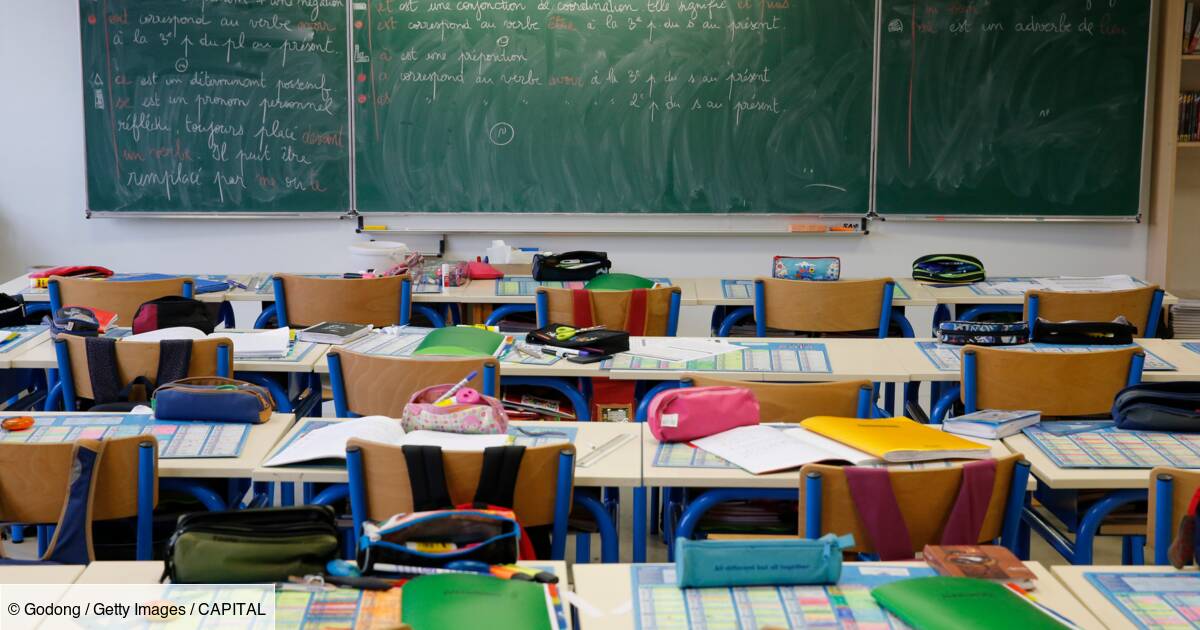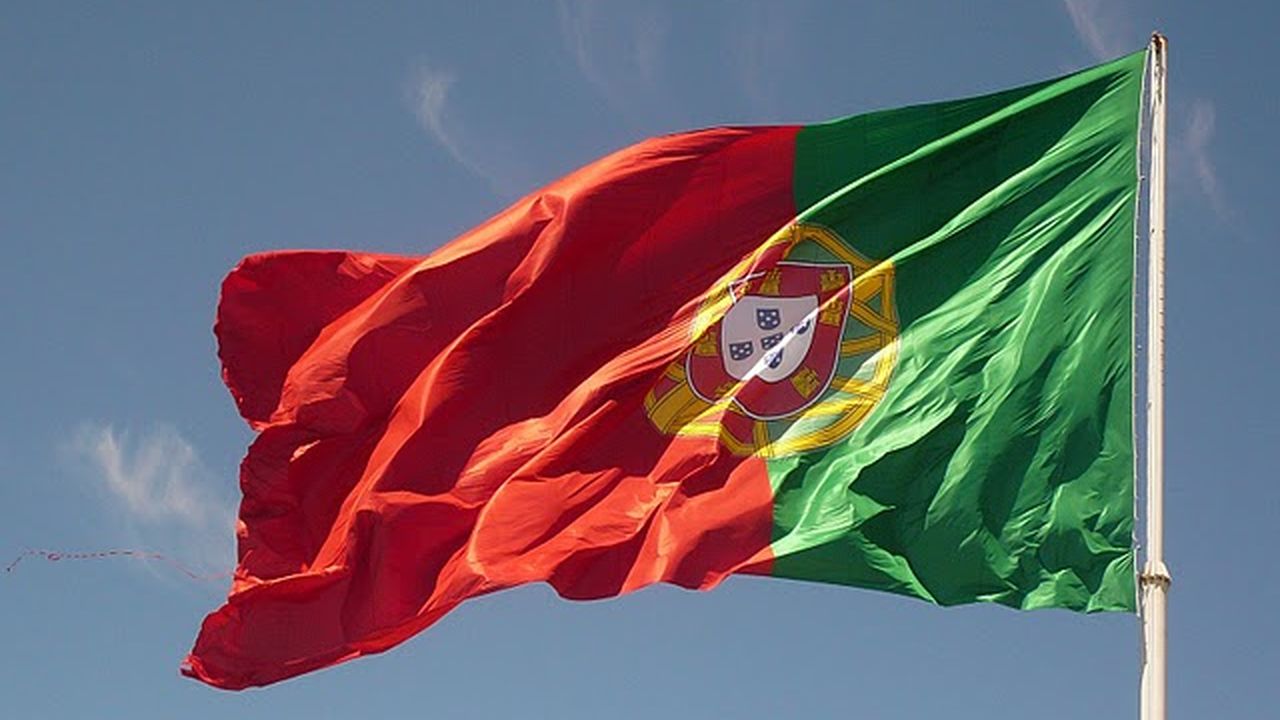
For Emmanuel Macron, the political return to school began yesterday, Wednesday, August 23, with an important interview with Le Point magazine, in which he outlined several paths of reform during the year. Among them is the idea that in the future some students could return to school earlier, around August 20, rather than at the beginning of September. And at the end of June, before the holidays, the President of the Republic asked his government to start working on this issue, which revives a frequent debate in France about school schedules. And behind it, we often find the same contradiction: French pupils spend more time out of school than their European neighbours. But is this true?
Read also
Back to school is advanced, and the baccalaureate exams are modified… Emmanuel Macron reveals his new project for the school
In this respect, a reference report is that of the European Network of Education Systems, called Eurydice, which draws on European Commission figures. The latest publication on this topic is topical, since it is dated October 2022. This publication concerns study times in 27 countries of the European Union, as well as 10 other countries that belong to the Erasmus program (Switzerland, Iceland, Norway, Serbia, etc.). .).
French students do not resume their studies later than others
In terms of enrollment date for primary and secondary schools, France does not stand out, because in most European education systems, classes begin on September 1, or the first Monday in September. This will be the case, for example, this year for French students who will return to school on Monday 4 September. About a month ahead of Maltese students who resume classes at the end of September. Of the 37 countries, only 8 are ringing the bell to start the school year in August: Belgium, Denmark, Finland, Sweden, Switzerland, Iceland, Liechtenstein and Francophone Norway. The award is going to Denmark, with returns from August 8, 2022, through August 7 this year.
France is in the highest range in terms of the number of days off …
And if we look at the number of days off, French pupils are indeed among the lucky ones to have more than 120 days in an academic year, along with six other countries: Estonia, Greece, Italy, Lithuania, Romania and Malta, which hold the record with 135 days. days off in the year. With 121 days, France is actually in the higher range of the majority of European countries, which offer between 100 and 120 days. The bottom line is found in northern countries, such as Denmark, Norway and the Netherlands, where pupils get only 87 days of vacation throughout the year.
…but not for summer vacation
However, if France is indeed among the countries that offer the largest number of days off to schoolchildren and university students, it is not necessarily the summer holidays that should be mentioned, as the President of the Republic proposes. In fact, in most education systems, pupils get between 9 and 12 weeks of summer vacation, according to the Eurydice report. However, in France, primary and secondary school students benefit from eight weeks of vacation or less, from the beginning of July to the end of August. So, away from Portugal, Italy or Greece, for example, with more than 12 weeks of vacation in the summer. “It is often said that European countries have fewer vacations than us in the summer, but we are pretty average,” confirms Ghislaine David, co-general secretary and spokesperson for the teachers’ union FSU-SNUipp.
France is the country that offers the largest number of holidays outside of summer
In fact, the days off that French pupils “get” compared to their neighbors should not be canceled in the summer, but rather later in the year. Indeed, if we distinguish between summer holidays and others (Toussaint, winter, Christmas and Easter), France is indeed the country that grants the largest number of vacation days during the school year, ie between the ages of 65 and 70. French-speaking Belgium supports the comparison on this point. By contrast, in Bulgaria, the number of days off outside summer is less than 25.
According to a slightly older OECD report (2021), France’s neighbors are already shrinking one of the four main holiday periods of the year, which are very balanced for us, by two weeks at a time. In Germany, students have two weeks on All Saints, as they do in France, but almost nothing on Easter. In Portugal, the Christmas holiday is trimmed by just three days.
Read also
Is the summer vacation too long?
Reconsidering the school calendar for this year is actually a long-standing request of FSU-SNUipp, in particular the “alternating between working and non-working periods”, explains Jessalyn David. Chronobiologists say it takes seven weeks of study and then two weeks off. It works on Halloween and Christmas, which are unspecified holidays. But after the Easter break, for example, the first district you leave must complete 10 weeks of schooling before summer arrives.” So far, requests to fix vacation times outside of summer have not been heard. The question, according to the Syndicate, is: “Pressure the tourism economy, and the arguments of road safety, to spread departure flights on vacation.”
Finally, it should be noted that reforming the number of working days per year cannot be done without reducing the number of hours spent in school each day. In this respect, France is well above the average of the 22 European Union member states of the Organization for Economic Co-operation and Development, with 900 hours of schooling per year in primary schools and 720 hours in colleges. The average number of hours with our neighbors is 740 hours in primary school, and 659 hours in middle school, according to the 2022 “Education in Numbers Europe” report.
Receive our latest news
Every day a choice Key information from today.






